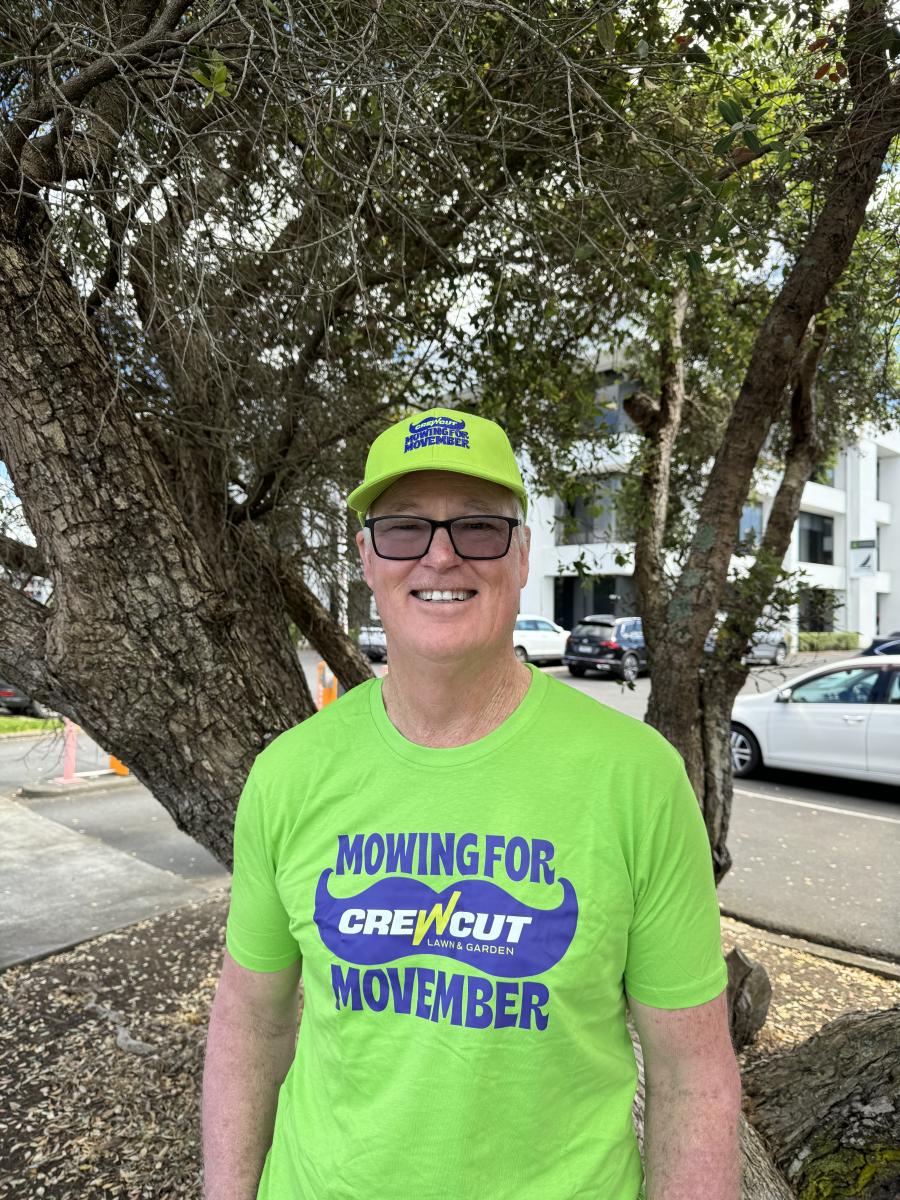COVID statistics
I thought it might be reassuring to share some of the data around Covid risk that we don't seem to see in the news. While it is undoubtedly a serious health concern for some at the moment, it is also important to keep the risk in perspective for the sake of personal mental health wellbeing. Despite what seems to make the news, we are very unlikely to die from this virus, or even show serious to critical symptoms. The following link is the raw data on country statistics comparing testing rates, case fatality rates, recovery rates for the 5 million reported cases so far www.worldometers.info... . You can see how NZ ranks globally on these metrics (somewhere in the middle of 215 countries for most measures). The data focuses on reported cases, which as the following link explains, overestimates frequency for the worst case outcomes. The link goes to the Oxford University Centre for Evidence Based Medicine (do your own research on how credible you think they are) which analyses the case data, and uses health records and studies on what was known about SARS/ MERS/ Swine flu to estimate what the Infection Fatality Rate (IFR) for Covid-19 is likely to be (as opposed to the less reliable Case Fatality Rate (CFR)) www.cebm.net... . Draw your own conclusions but these sites show either factual information or use data science to provide a risk profile. In summary the estimated IFR for Covid is between 0.1% to 0.41% (i.e. chance of survival 99.6-99.9% for person selected at random). While this is also age dependent, the estimated IFR for otherwise healthy 70+ age group is still likely less than 1%. Some interesting points also made about selection bias, and coding of cases and outcomes that skew the reported results.
Live Q&A: Garden maintenance with Crewcut
This Wednesday, we are having another Neighbourly Q&A session. This time with John Bracewell from Crewcut.
John Bracewell, former Black Caps coach turned Franchisee Development Manager and currently the face of Crewcut’s #Movember campaign, knows a thing or two about keeping the grass looking sharp—whether it’s on a cricket pitch or in your backyard!
As a seasoned Crewcut franchisee, John is excited to answer your lawn and gardening questions. After years of perfecting the greens on the field, he's ready to share tips on how to knock your garden out of the park. Let's just say he’s as passionate about lush lawns as he is about a good game of cricket!
John is happy to answer questions about lawn mowing, tree/hedge trimming, tidying your garden, ride on mowing, you name it! He'll be online on Wednesday, 27th of November to answer them all.
Share your question below now ⬇️

Tips on Choosing the Right Mattress Size for Quality Sleep Every Night
When it comes to getting a good night's sleep, the right mattress size plays a crucial role.
You might have heard myths about beds and frames and which size suits you.
Today, we're here to demystify these myths and provide a size-by-size comparison to help you find the perfect fit for your needs.
Finding the Perfect Fit
Selecting the right mattress size is akin to finding the perfect fit in a world of options.
Much like trying on clothes or shoes, your mattress size should cater to your individual needs and preferences.
Let's explore some key factors to consider when finding the perfect fit for your mattress:
1. Personal Preferences.
Consider your sleeping habits and personal space preferences.
Do you like to sprawl out or curl up?
Are you a solo sleeper, or do you share the bed with a partner, kids, or pets?
Understanding your personal preferences is essential in determining the ideal mattress size.
2. Bedroom Size.
Take the dimensions of your bedroom into account when choosing a mattress size.
A spacious bedroom can accommodate larger mattress sizes, whereas smaller bedrooms may require more compact options to ensure ample space for movement and furniture placement.
3. Sleeping Partners.
If you share the bed with a partner, consider their sleeping habits and space requirements.
A larger mattress size, such as a queen or king, provides ample space for both individuals to move comfortably without disturbing each other's sleep.
What Size Should You Get?
Let's break it down size by size:
Single Mattress (91cm x 188cm). Ideal for kids' rooms, guest rooms, or small bedrooms. A single mattress is also a good option for individuals who prefer sleeping alone and value space conservation.
Double Mattress (137cm x 188cm). Also known as a full-size mattress, this option offers more room to stretch out than a single mattress. It's suitable for couples who like to snuggle or for individuals who appreciate extra space.
Queen Mattress (153cm x 203cm). The queen mattress is one of the most popular choices for couples. It provides ample space for two people to sleep comfortably without feeling cramped. It's also a great option for individuals who enjoy sprawling out.
King Mattress (167cm x 203cm). The king mattress offers the most space out of all the standard sizes. It's perfect for couples who want plenty of room to move around or for families who like to co-sleep with young children or pets.
Choosing the Perfect Mattress Size for Your Sleep Needs
Mattress sizes can vary around the world, which can sometimes lead to confusion. In New Zealand, we follow standard sizes such as single, double, queen, and king.
However, it's essential to consider your personal preferences and the dimensions of your bedroom and furniture when choosing a mattress size.
Selecting the right mattress size is crucial for a good night's sleep.
By understanding the differences between single, double, queen, and king mattresses, you can make an informed decision that meets your needs and preferences.
At Beds4U, we're committed to helping you find the perfect mattress size.

Poll: Should all neighbours have to contribute to improvements?
An Auckland court has ruled a woman doesn’t have to contribute towards the cost of fixing a driveway she shares with 10 neighbours.
When thinking about fences, driveways or tree felling, for example, do you think all neighbours should have to pay if the improvements directly benefit them?

-
82.3% Yes
-
15.1% No
-
2.6% Other - I'll share below







 Loading…
Loading…
























